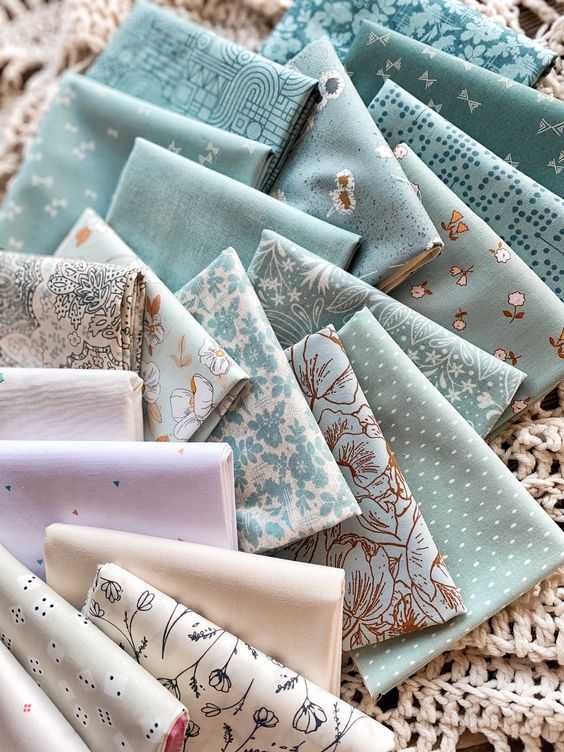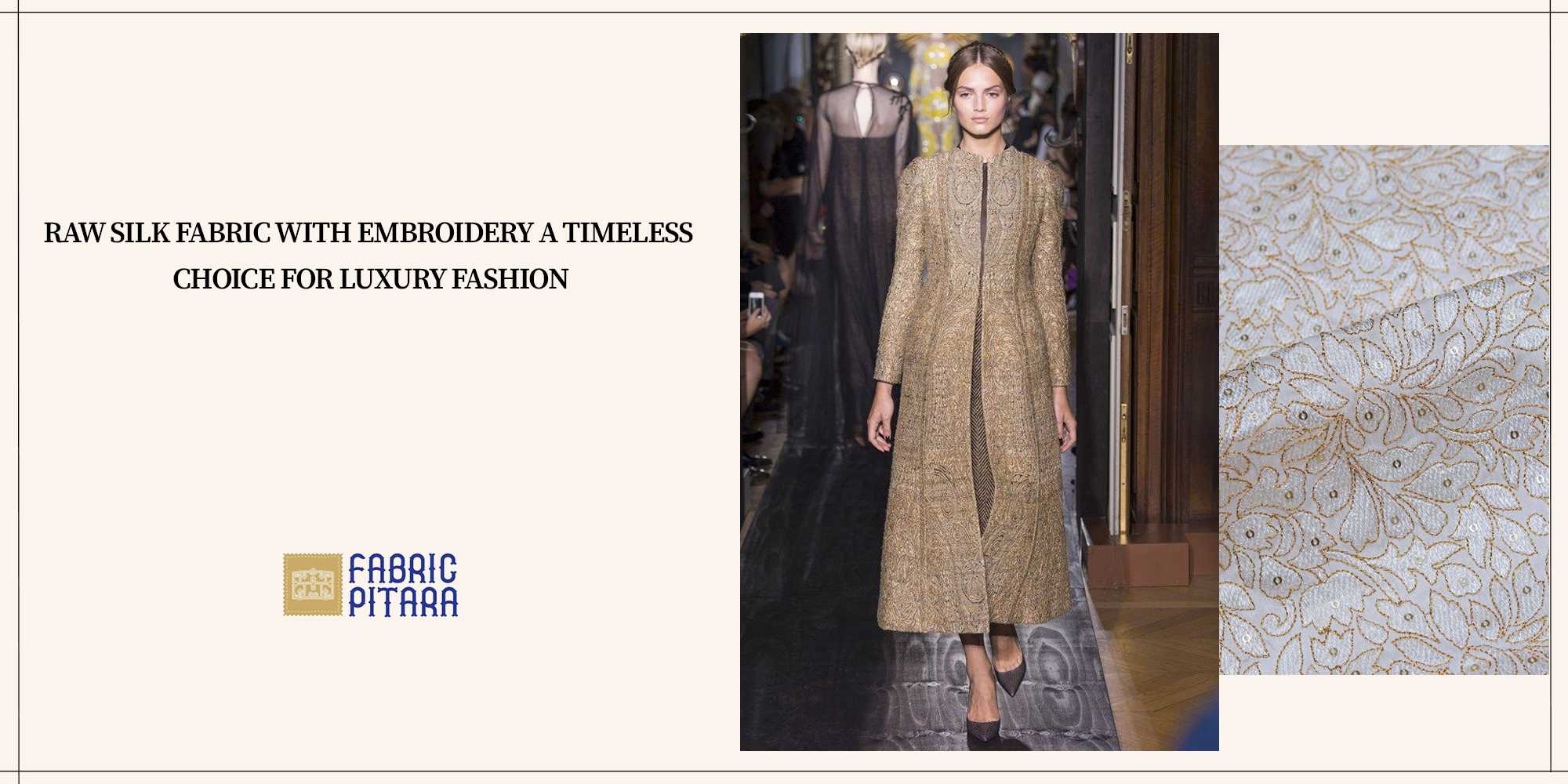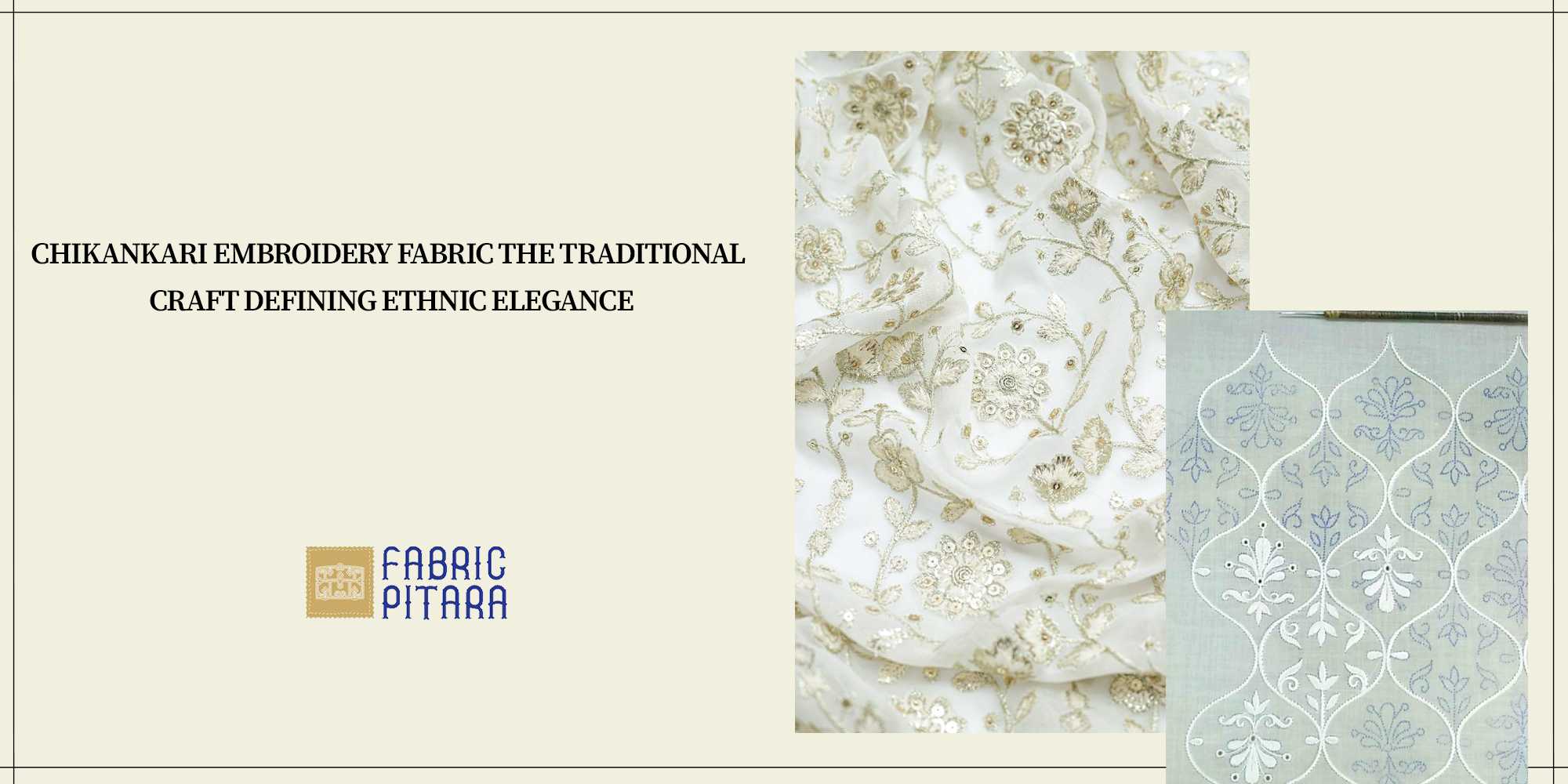
Slow fashion has emerged as a beacon of sustainability and ethical consumption in a world dominated by fast-paced trends and disposable clothing. Slow fashion prioritizes quality over quantity, promotes ethical production practices, and encourages mindful consumption habits that benefit both people and the planet. In this blog post, we'll explore slow fashion and why it's essential for shaping a more sustainable future.

Understanding Slow Fashion
At its core, slow fashion is a movement that challenges the fast fashion industry's rapid production and consumption cycles. It emphasizes timeless design, durable materials, and ethical manufacturing processes, aiming to create clothing that is made to last and is produced in a socially and environmentally responsible manner. Slow fashion encourages consumers to buy fewer, higher-quality pieces, invest in timeless wardrobe staples, and support brands prioritizing sustainability and transparency.

The Importance of Fabric Selection
Fabric selection plays a crucial role in the slow fashion movement, as it directly impacts clothing production's environmental and social footprint. Slow fashion brands prioritize natural, organic, and sustainable fabrics that are produced using eco-friendly methods and have minimal impact on the environment. Fabrics like organic cotton, linen, hemp, and Tencel are favored for their sustainability, breathability, and durability, making them ideal for slow-fashion garments.

Reducing Environmental Impact
One of the key reasons why slow fashion is important for a sustainable future is its focus on reducing the environmental impact of clothing production. Fast fashion is notorious for its high resource consumption, pollution, and waste generation, contributing to environmental degradation and climate change. In contrast, slow fashion promotes sustainable practices such as using eco-friendly materials, minimizing waste, and supporting local artisans and traditional craftsmanship.

Promoting Ethical Production Practices
Another essential aspect of slow fashion is its commitment to ethical production practices and fair labor standards. Many fast fashion brands outsource production to low-wage countries with lax labor regulations, leading to exploitation, unsafe working conditions, and human rights violations. Slow fashion brands, on the other hand, prioritize transparency, accountability, and fair wages for workers throughout the supply chain, ensuring that garments are produced in a socially responsible manner.

Encouraging Mindful Consumption
Slow fashion encourages consumers to adopt a more mindful approach to consumption, focusing on quality, longevity, and personal style rather than fleeting trends. By investing in well-made, timeless pieces, consumers can build a versatile wardrobe that stands the test of time and reduces the need for constant purchasing and disposal of clothing. Slow fashion also promotes repairing, reusing, and recycling garments, extending their lifespan and minimizing waste.
Conclusion: Embracing a Sustainable Lifestyle
In conclusion, slow fashion is not just a trend; it's a movement towards a more sustainable and ethical approach to clothing production and consumption. By prioritizing quality, sustainability, and social responsibility, slow fashion offers a pathway to a more equitable and environmentally conscious future. Whether choosing eco-friendly fabrics, supporting ethical brands, or practicing mindful consumption habits, we all have a role to play in shaping a more sustainable fashion industry and world.







